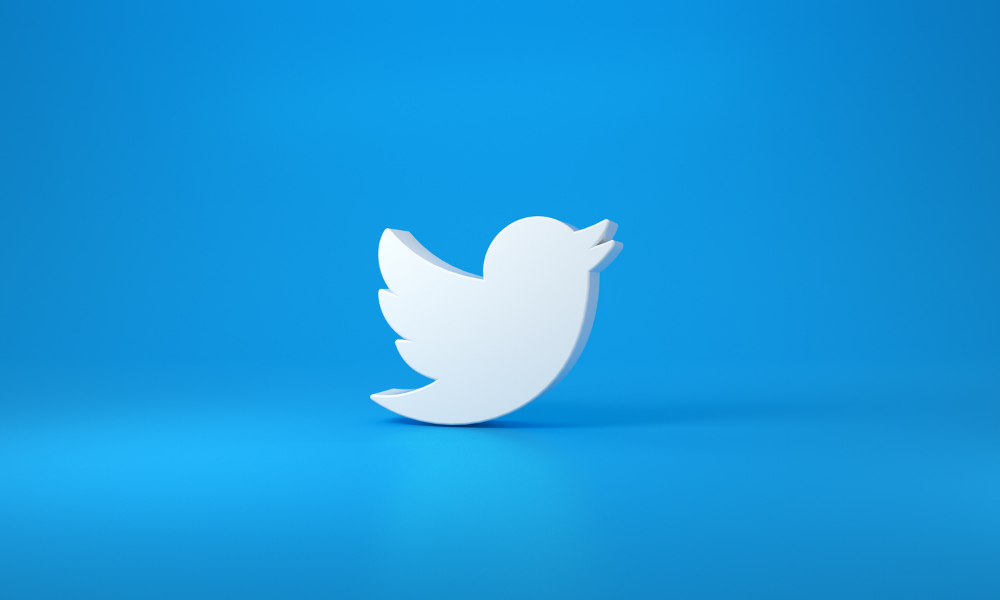
Is Elon Musk serious about buying Twitter? Given his track record for trolling and half-baked provocations, I doubt it. Dubious offers happen, but CEOs of public companies with multibillion-dollar market caps don’t typically propose them.
Musk often uses Twitter to deflect attention from serious negative news about him and his companies, and now he says he wants to own the social megaphone.
I think Musk’s tender offer to buy Twitter will fall apart because everyone, including government regulators, should be on to his games.
Twitter, as we know, adopted a poison pill defense against Musk on April 15. The move makes it nearly impossible for him to buy enough Twitter shares on his own to gain control. Musk could try to fight it in court, but “no court has overturned a poison pill in the last 30 years,” according to Columbia University law professor John C. Coffee Jr.
Musk would have a much harder time making a pitch for Twitter if the U.S. Securities and Exchange Commission had sidelined correctly him the last time he attempted such antics.
When the SEC settled with Musk in 2018 for casually tweeting about taking Tesla private at $420, the commission ordered him to step down as Tesla’s chairman but allowed him to continue as CEO. Musk continued to be Tesla’s largest shareholder, with approximately 21.7% of Tesla’s outstanding shares at that time.
Former SEC Chairman Jay Clayton said Musk’s penalty “reaffirms an important principle embodied in our disclosure-based federal securities laws.
Specifically, when companies and corporate insiders make statements, they must act responsibly, including ensuring the words are not false or misleading and do not omit information a reasonable investor would consider necessary in making an investment decision.”
After the settlement, Musk’s ownership share grew — to 23.1% by the end of June 2021, according to Tesla’s proxy. If the SEC had barred him from the CEO job, he’d perhaps own fewer Tesla shares that he could use as collateral for a Twitter takeover.
Musk exercised a significant portion of vested stock options in the last half of 2021 as Tesla CEO, reaping billions in profits. He later sold enough to bring his ownership percentage down to about 17% by the end of the year.
When he exercises the rest of the stock options he’s been awarded since 2018, he could bring the percentage ownership back up to nearly 24%.
The SEC should have also barred Musk from serving as an officer or director of any public company, a so-called D&O bar, back in 2018. Since financial penalties have minimal impact on multi-billionaires, the SEC initially sought a full D&O bar against Musk in its original complaint.
In more than 70% of its cases involving individual defendants, the agency does so. In the end, Musk’s lawyers helped him avoid that penalty, and regulators relented, perhaps because of Musk’s unusually close association with Tesla.
If regulators had taken those punitive steps, Musk’s options for acquiring another public company like Twitter would be severely limited.
After all, waging a proxy fight starts with Musk taking a board seat and then gaining control by winning friends and influencing other board members who then vote him Ruler for Life–doesn’t seem to be his style. He quickly changed his mind about taking a Twitter board seat when it was offered.
When Musk settled with the SEC in August 2018 over his unserious bid to take Tesla private, more than 22 million people, including journalists and media organizations, followed him on Twitter. Since then, his cult of personality has exploded.
He now has more than 82 million Twitter followers. He continues to bypass traditional media channels by obsessively tweeting to defend himself or clap back at perceived enemies like the SEC, journalists, and Tesla whistleblowers. News coverage of Musk, his companies, and his crypto investments is now primarily driven by his tweets.
Because the SEC, and Department of Justice, didn’t stifle Musk’s shenanigans when they had the chance, he’s been free as a bird to tweet long and loud about whatever multi-million dollar deal he’s hatching up.
The lax penalties meant that he never stopped tweeting dismissively about government regulators, the settlement, and its constraints. He repeatedly risks contempt charges over his disputes with the SEC over those 2018 tweets.
Hot Topics
US Judge Deemed Elon Musk's Tweets On Tesla "Misleading," Claim Investors
In An Unexpected Move, China Holds Back On Cutting Key Rate
Pentagon Will Bolster Weapons Training For Ukrainians As Aid Expands
According to this Tesla filing, musk’s lawyer even accused the SEC of harassing his client with repeated enforcement activity since the SEC’s sanctions. Source: Time